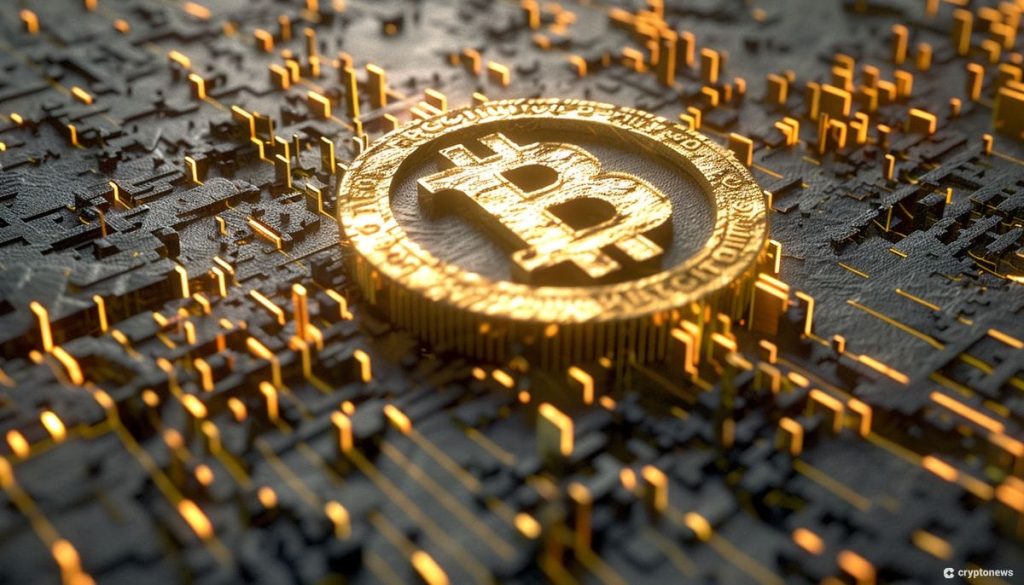In a recent CNBC interview, Andrew Sorkin and Anthony Pompliano discussed the role of Bitcoin (BTC) in relation to inflation and as a risk off asset. Sorkin argued that investors are not buying Bitcoin as an inflation hedge based on his experience in South Africa and Zimbabwe, where he found limited crypto adoption. However, Pompliano countered by highlighting the different reasons why people invest in Bitcoin – some view it as a risk on asset while others see it as a hedge against inflation or a store of value. He mentioned that investors in less stable countries may be interested in using Bitcoin to protect their wealth, as it cannot be seized through brute force. Pompliano also pointed to Nigeria as an example of a country with high crypto ownership rates.
Historically, the price of Bitcoin has shown a strong correlation with high-risk tech stocks and the Nasdaq, making it a popular investment option for those seeking high potential growth. Value investors often compare Bitcoin to gold as a “risk off” inflation hedge asset due to its limited supply, usability as money, and trustworthy nature. Pompliano emphasized that Wall Street investors buying Bitcoin through new spot ETF products are likely seeking growth opportunities, while buyers in unstable countries may be using Bitcoin to safeguard their wealth. He believes that Bitcoin is being adopted globally as a store of value, with its value increasing over time as the US dollar loses purchasing power.
Sorkin challenged the idea that Bitcoin is a reliable hedge against inflation based on his observations in South Africa and Zimbabwe, where he found limited interest in crypto investments. He questioned whether the narrative of Bitcoin being an inflation hedge was used to entice speculators into the market. However, Pompliano reiterated that the adoption of Bitcoin varies by location, citing Nigeria as an example of a country with significant crypto ownership rates. He pointed out that Bitcoin tends to trade in a forward-looking manner, aligning with rising inflation figures month over month. The recent actions taken by Nigerian authorities against Binance and its executives further highlight the growing interest in Bitcoin as a means of protecting wealth in unstable economic environments.
Overall, the debate between Sorkin and Pompliano highlights the varying perceptions of Bitcoin among investors. While Sorkin is skeptical about Bitcoin’s role as an inflation hedge based on his observations in certain countries, Pompliano argues that Bitcoin’s adoption is influenced by factors such as economic stability and individual motivations for investing. The discussion sheds light on the complexities of cryptocurrency adoption and the different reasons why people choose to invest in Bitcoin, whether as a speculative asset, a store of value, or a hedge against inflation. As Bitcoin continues to gain traction globally, its role in the financial ecosystem is likely to evolve, attracting a diverse range of investors with varying perspectives on its potential as a long-term investment.


